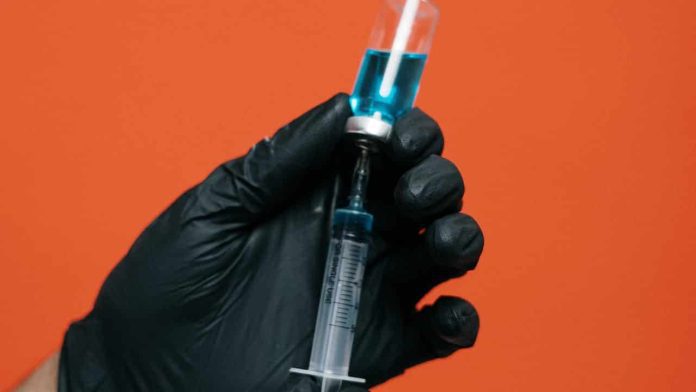Antibodies, also known as immunoglobulins, are glycoproteins produced by our immune system to protect us from infections and diseases.
Thank you for reading this post, don't forget to subscribe!They are incredibly versatile, with the ability to recognize and neutralize a wide range of foreign invaders.
Antibodies have a structure that consists of two heavy chains and two light chains, forming a Y-shaped molecule.
These molecules are highly specific and can target individual pathogens.
What Do Antibodies Do?
Recognition and Binding: One of the primary functions of antibodies is to recognize specific antigens, which are unique proteins on the surface of pathogens. This recognition is so precise that antibodies can distinguish between different strains of the same virus or bacteria. Once they identify a foreign invader, antibodies bind to it and signal its destruction.
Neutralization: When antibodies bind to a pathogen, they can neutralize it in several ways. They can block the pathogen’s ability to enter human cells, preventing infection. Antibodies can also coat the surface of the pathogen, making it more accessible for other immune cells to destroy it.
Activation of the Immune System: Antibodies serve as a signal for other immune cells to come to the rescue. This includes macrophages, neutrophils, and natural killer cells, which are activated when they recognize the antibody-antigen complex.
Memory: Once the immune system encounters a pathogen, it “remembers” it. This memory is maintained by specific memory B cells, which produce antibodies in case the same pathogen invades the body in the future. This is the basis for the concept of immunity: a faster and stronger response upon re-exposure.
Why Are Antibodies Essential?
Defense Against Infections: Antibodies are crucial for fighting infections. They are part of the body’s frontline defense against pathogens, helping to eliminate them before they can cause illness.
Vaccination: Vaccines work by training the immune system to produce antibodies against specific pathogens without causing the disease itself. This primes the body to respond rapidly if exposed to the actual pathogen.
Passive Immunity: Sometimes, individuals receive antibodies directly from another source, such as maternal antibodies passed to a newborn through breast milk. This provides temporary protection, which can be vital in certain situations.
Diagnostics: Antibodies play a significant role in diagnostic tests, such as ELISA and Western blotting, where they are used to detect the presence of specific pathogens or antibodies in a patient’s blood.
There are five primary classes of antibodies: IgA, IgD, IgE, IgG, and IgM:
IgA (Immunoglobulin A):
Function: IgA is predominantly found in mucous membranes, such as those in the respiratory and gastrointestinal tracts, as well as in saliva, tears, and breast milk. Its primary role is to provide localized defense against pathogens at mucosal surfaces.
Protection: IgA helps prevent the attachment of pathogens to mucosal surfaces and limits their ability to enter the body.
IgD (Immunoglobulin D):
Function: IgD is primarily found on the surface of B cells, serving as a receptor for antigen recognition during the early stages of an immune response.
Role: While its exact function is not entirely understood, IgD is believed to be involved in the activation of B cells and their differentiation into antibody-producing plasma cells.
IgE (Immunoglobulin E):
Function: IgE is associated with allergic reactions and plays a role in defending against parasites.
Role: IgE is found in small amounts in the bloodstream and is typically attached to mast cells and basophils, two types of immune cells. When an allergen is encountered, IgE triggers the release of histamines and other chemicals, leading to allergic symptoms.
IgG (Immunoglobulin G):
Function: IgG is the most abundant antibody class in the bloodstream and is highly versatile.
Protection: IgG provides long-term immunity against pathogens, including bacteria, viruses, and toxins. It can neutralize pathogens, activate complement proteins for pathogen destruction, and facilitate phagocytosis (ingestion and destruction) of pathogens by immune cells.
IgM (Immunoglobulin M):
Function: IgM is the first antibody produced during the initial stages of an immune response, often before the body can produce IgG.
Role: IgM is crucial for agglutination (clumping together) of pathogens, making it easier for immune cells to engulf and eliminate them. It also activates the complement system to help eliminate pathogens.
These different classes of antibodies work together to provide a multifaceted defense against a wide range of pathogens and foreign invaders.
IgG and IgM are essential for systemic, long-term protection, while IgA offers local protection in mucosal areas.
IgE is involved in allergic reactions and defense against parasites, while IgD is primarily involved in the activation of B cells.
The coordinated efforts of these antibodies are key to our immune system’s ability to adapt and mount a defense against a wide array of threats.


